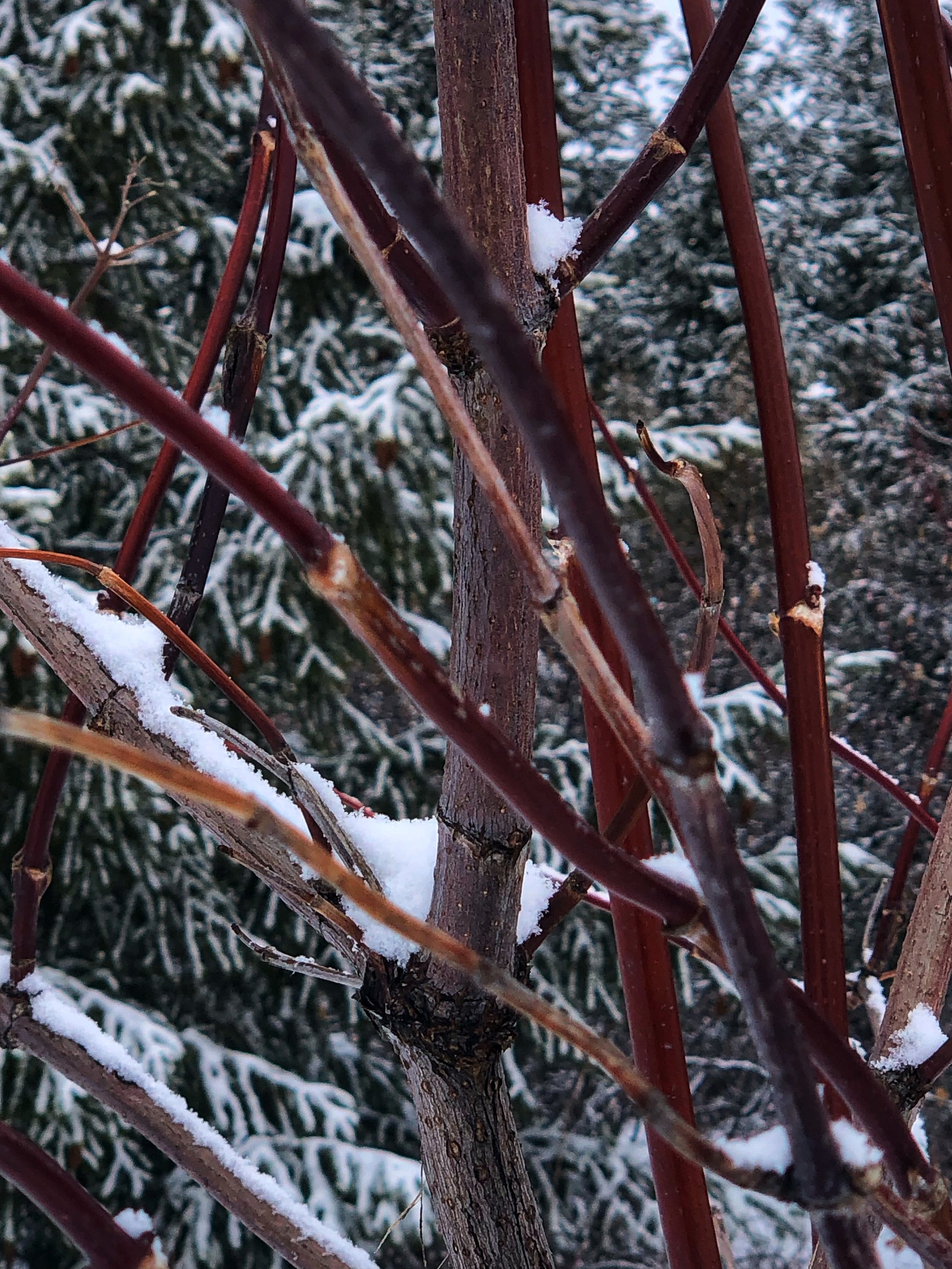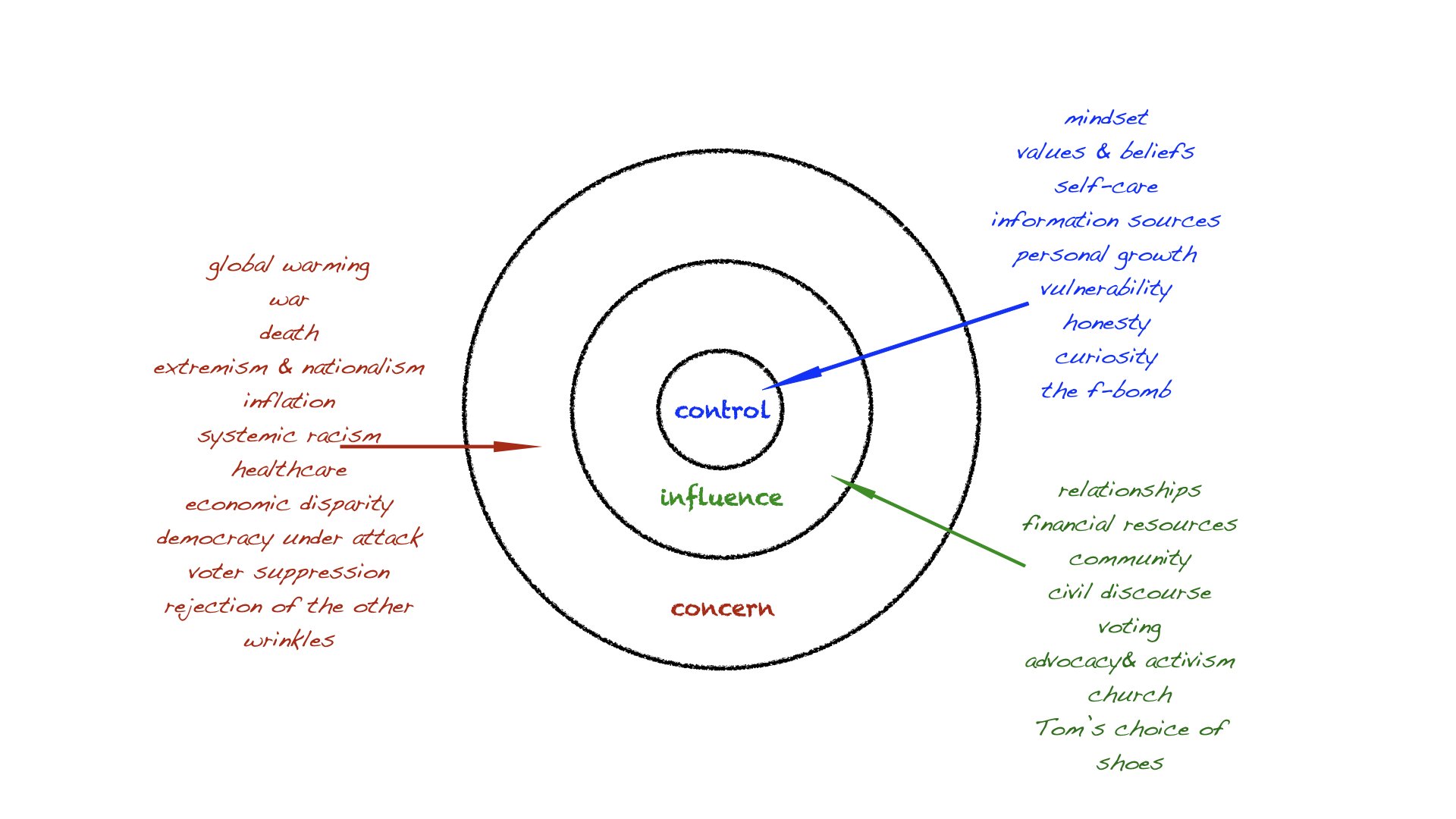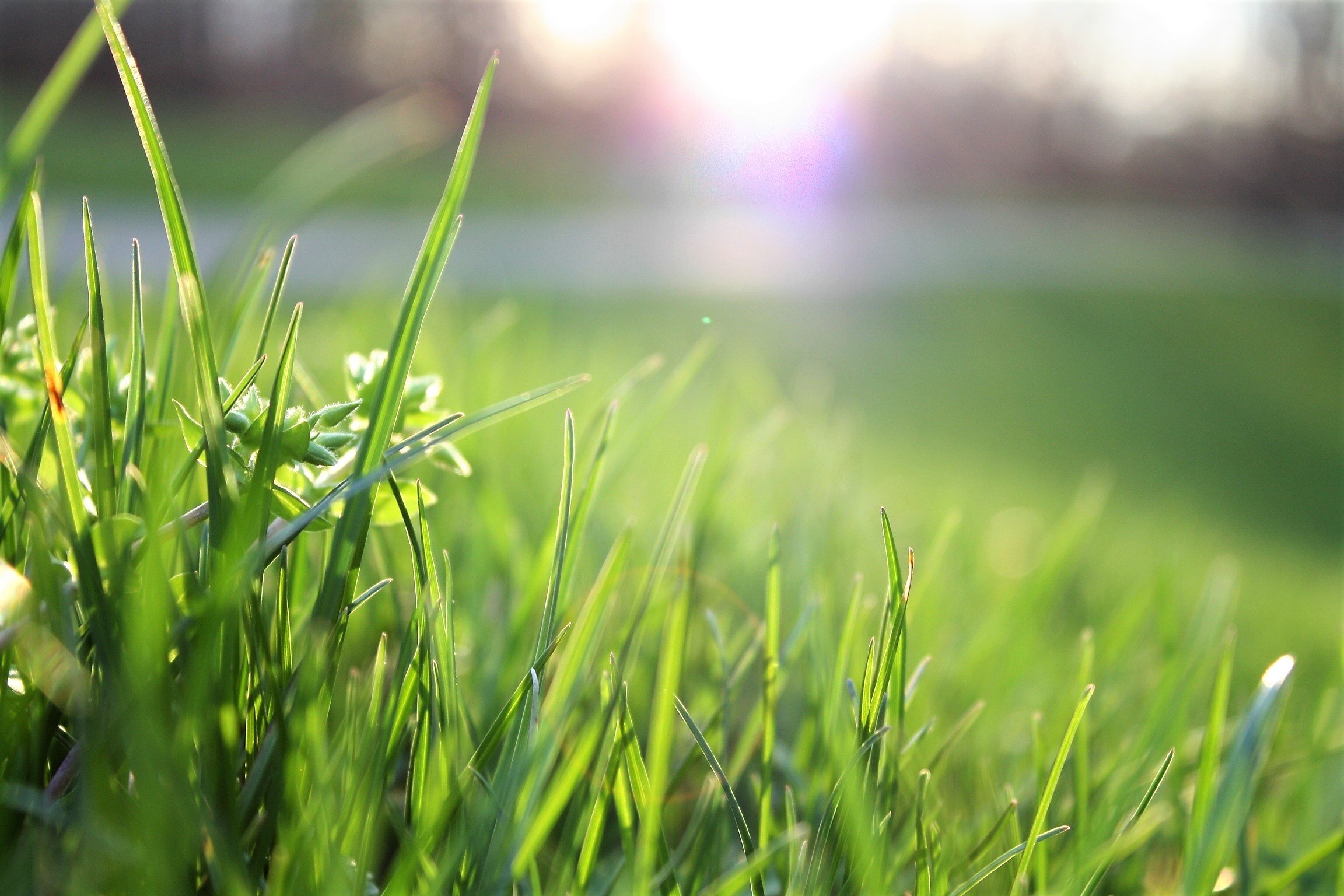Just when it seems it can’t get any worse, scarier, more hateful or batshit crazy, it does. An autocratic bully wages an unprovoked war against a neighbor, a Lone Star governor declares war on one of our most vulnerable populations, and the possibility of finding common ground with our fellow citizens seems like a bridge so too far that we can’t imagine ever finding our way across it to one another.
Given the sorry state of our beautiful but broken world, the temptation for many of us is twofold: Doom scroll through our usual sources of information that keep us solidly entrenched behind our ideological bunkers, and/or turn a blind eye to the world and go about our business, hoping it will be better tomorrow. Spoiler alert. It won’t. Not without our help. As in, all of our help.
So, just what in the hell are we supposed to do for heaven’s sake?
Always a fan of any tool that can help us make sense of complex things—like say, the state of the world—I can’t help but think of Stephen Covey and his model of our circles of concern and influence found in The 7 Habits of Highly Effective People.
Here’s my take on his model:
Imagine three concentric circles. Better yet, grab a piece of paper and draw them. (See mine below. Fill in your own accordingly.)
Label the outer, and obviously largest one circle of concern. Herein lie all of those things that keep us awake at night. Issues that try as we might, we can’t change, fix, or eliminate. From unprovoked war to extremism of every ilk, global warming to the inflation rate, hunger to homelessness, and oh-so-many-more, all are worries that are out of our control. It isn’t that they don’t matter. It’s that they are beyond our reach.
Time spent here is foolish.
Name the middle one circle of influence. This is where our rubber meets the world’s road. It’s where who we are and how we show up can have a direct impact on the people, issues, and problems we care about. Covey suggests, and rightly so, that as we invest our time, efforts, and resources here, our circles of influence expand, bringing a little more of the world and our concerns within our reach.
Time spent here is fruitful.
Finally, let’s label that small inner space circle of control. Smack dab in the middle of it all, we get to choose. It is up to us, and only us, to decide who we are and what we care about. In here we equip ourselves—body, mind, and heart—so as to bring the best of who we are to whatever time we have left on the planet. Our greatest chance of making a positive difference “out there” hinges on our willingness to take ourselves on “in here”.
Time spent here is foundational.
Every day we have a choice to make. Will we drown in our circles of concern, or learn to swim in our circles of influence? Our shared future hangs in the balance, and we will sink or swim together.









